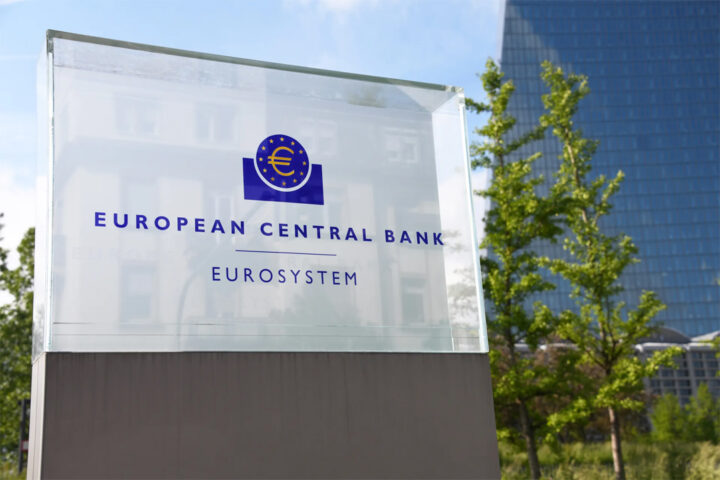By Craig Erlam
Equity markets were edging higher again Tuesday, a sign of gradually improving confidence following a relatively drama-free weekend.
As we saw on Friday, anxiety remains high and things quickly spiral in those circumstances, so investors are likely to remain vigilant. The dust is still settling, but every passing day rebuilds confidence and allows investors to feel a little bit more relaxed.
Policymakers continue to do their bit and on Tuesday we heard from some at the Bank of England, while ECB President Christine Lagarde is due to speak later.
BoE relaxed
Inflationary pressures are still intense in the UK, but the central bank refuses to get carried away with the data. Rather than talk up the need for further rate hikes, Governor Andrew Bailey has remained open-minded on future moves, insisting that the bank will hike if the data warrants such a response.
Time will tell whether that approach is appropriate, considering inflation last month leapt to 10.4%, while data from the British Retail Consortium (BRC) showed shop prices have risen by 8.9%, a large contributor to which came from food which jumped by 15%.
The BoE continues to believe, alongside others, that inflation will fall sharply over the course of the year, which explains the caution on interest rates.
But until that starts to filter through into the data and we see those rapid declines unfold, investors and the public, in general, may be a little nervous. It wouldn’t be the first time their forecasts have been too optimistic.
Oil’s cautious recovery
Oil prices continue to recover after popping higher at the start of the week.
There’s been a broad improvement in risk appetite at the start of the week, thanks to a weekend without drama in the banks. That’s enabled stocks to bounce back and yields to creep higher on stronger economic prospects which, in turn, is lifting crude prices.
The rally on Monday was further supported by a halt to exports from Iraq’s Kurdistan region which knocked around 450,000 barrels per day offline. There’s no timeline for an agreement to be reached to restart flows and the tighter the oil market becomes, the greater the loss it will be.
For now, it’s contributed to a small rise in the price, with Brent trading around the lows of the months that preceded the min-banking crisis.
Gold eyeing highs?
Gold is treading water after pulling back strongly again at the start of the week. Risk appetite has improved and yields are rising so naturally, gold is giving back some of the banking panic gains it accumulated over the last few weeks.
Even so, it isn’t trading too far from $2,000, seemingly a major psychological obstacle, and it’s well off its recent lows.
That still suggests, along with moves elsewhere, that investors either don’t think the mini-banking crisis is behind us or, perhaps more likely, that scarring from it in credit markets has permanently reduced the tightening required from central banks.
That could be bullish, if so, for gold and traders may even have one eye on the all-time highs if rate cuts this year become a reality.
BTC’s remarkable resilience
Bitcoin is displaying such unbelievable resilience to what is happening around it, even in the cryptoverse, that you have to wonder just how sustainable that can be.
While bitcoin did fall a few percent in response to reports that the CFTC is suing Binance, the industry’s biggest exchange, the drop doesn’t feel particularly significant.
Especially in light of the gains we’ve seen in recent weeks and this year as a whole.
Of course, that isn’t to say it’s suddenly going to plunge, but it will no doubt be interesting to see how it performs over the coming weeks, especially if further turbulence is coming for the industry.
Craig Erlam is Senior Market Analyst, UK & EMEA at OANDA
Opinions are the author’s, not necessarily that of OANDA Global Corporation or any of its affiliates, subsidiaries, officers or directors. Leveraged trading is high risk and not suitable for all. Losses can exceed investments.







